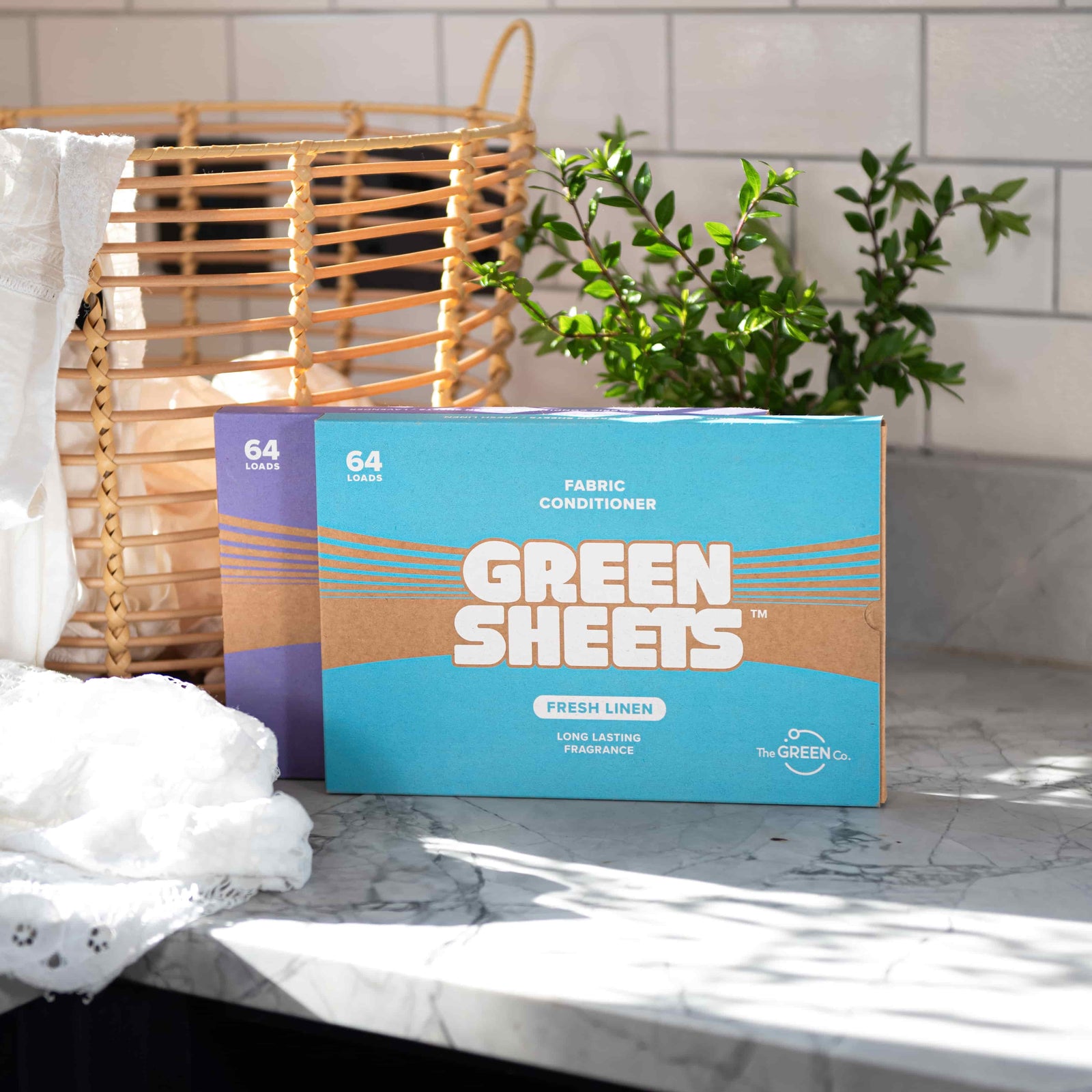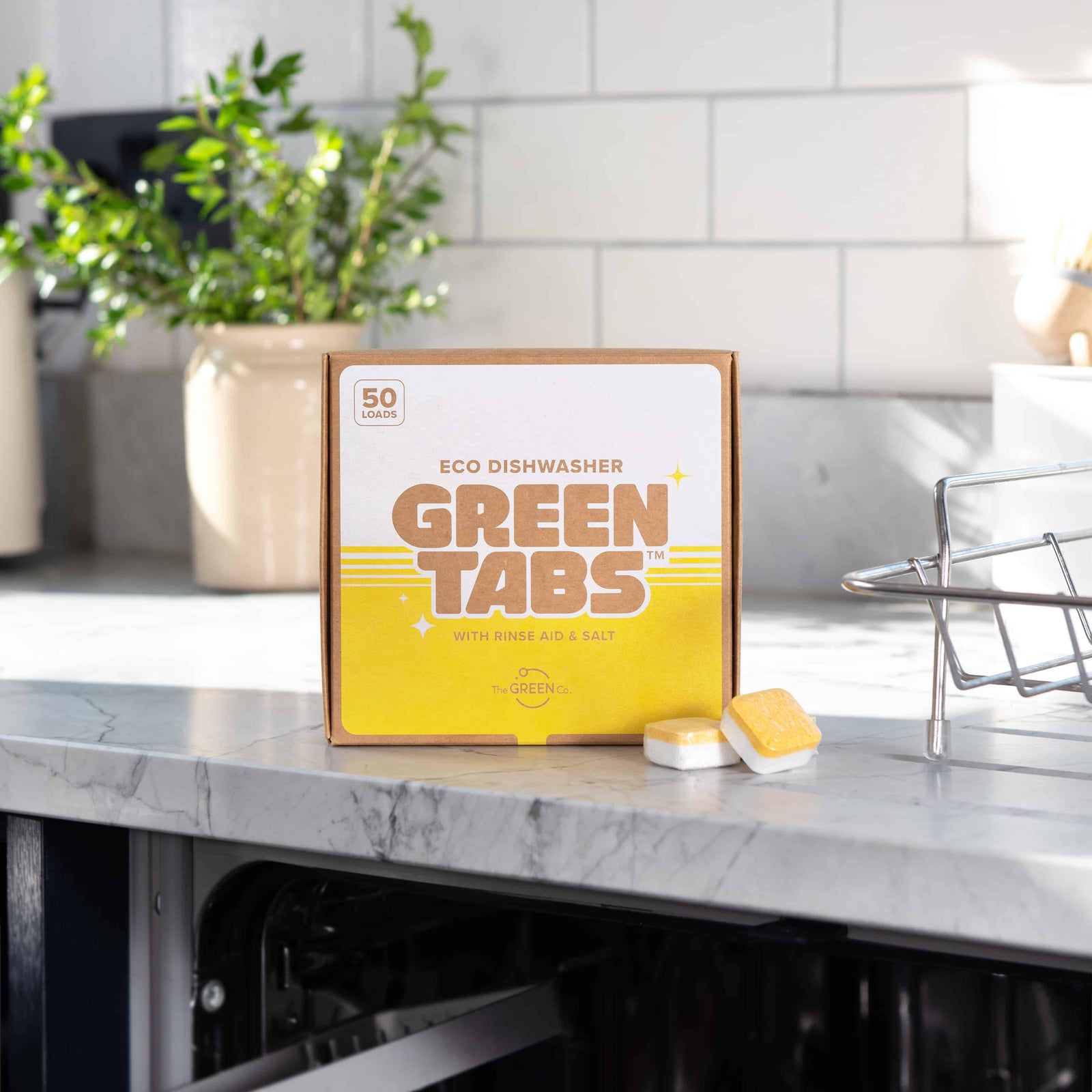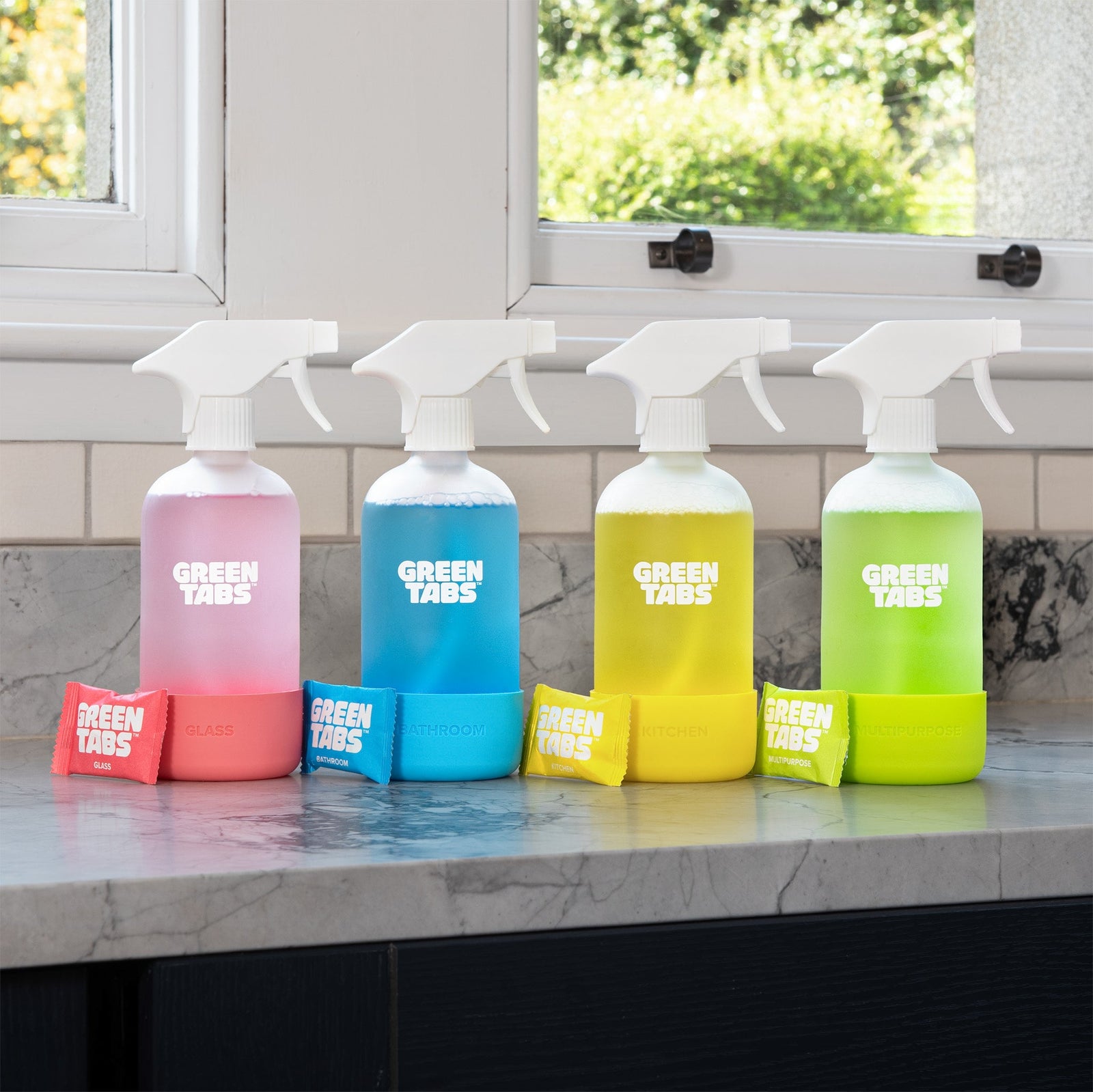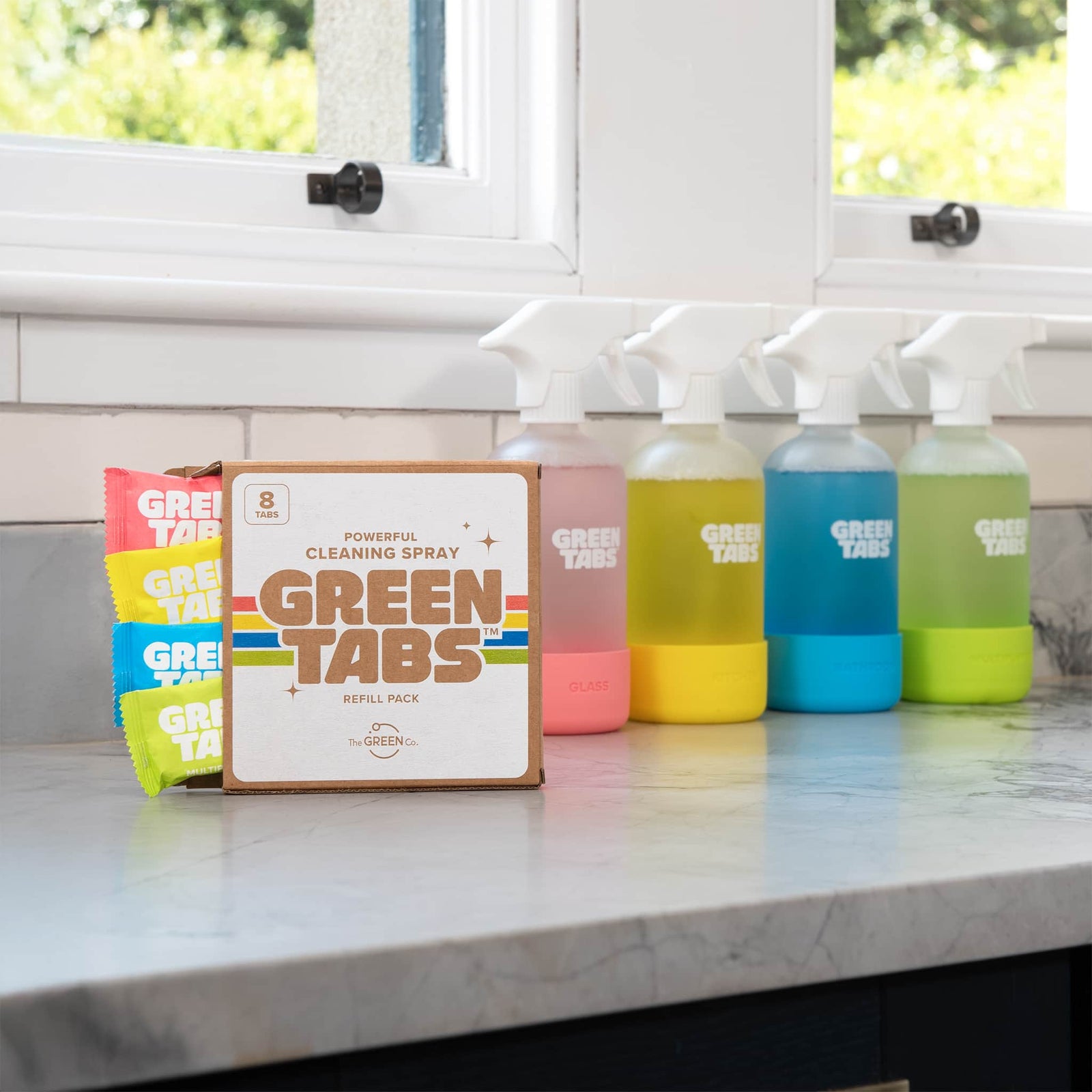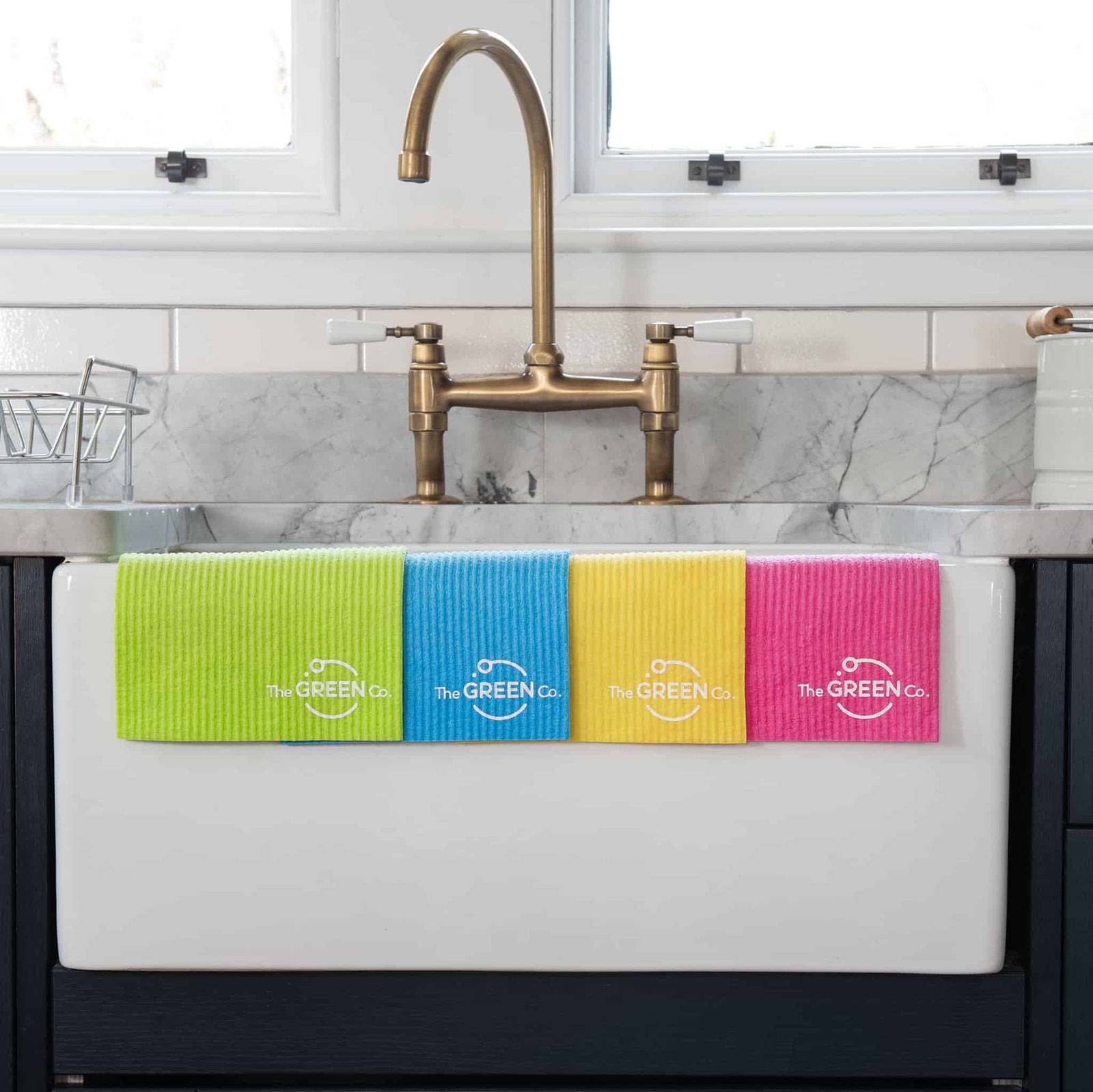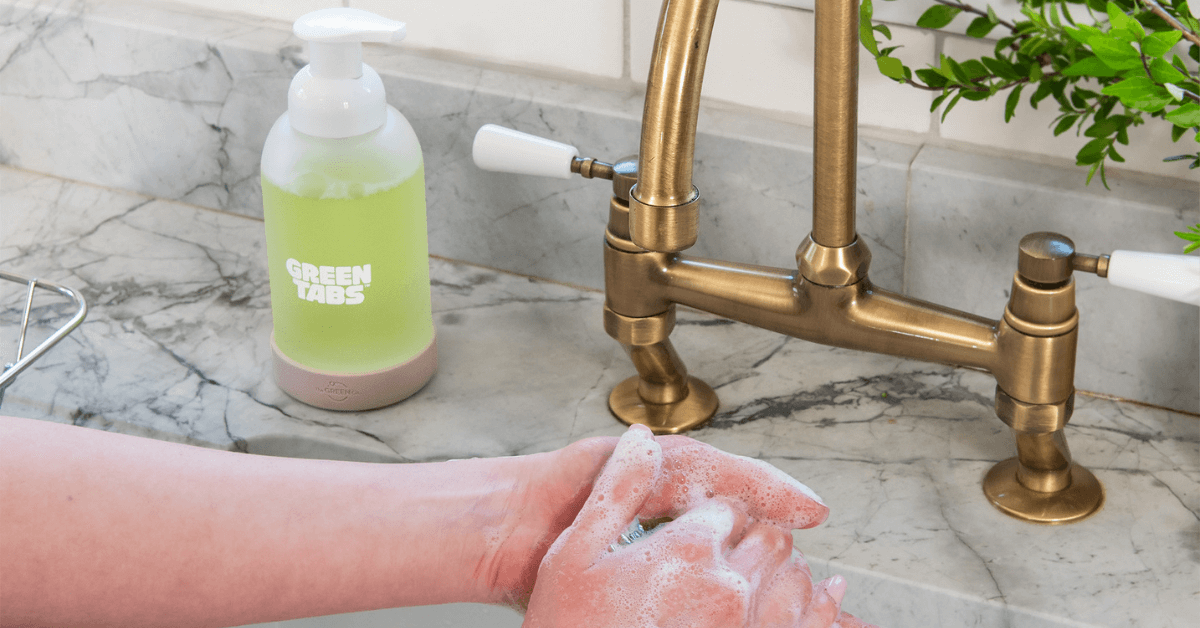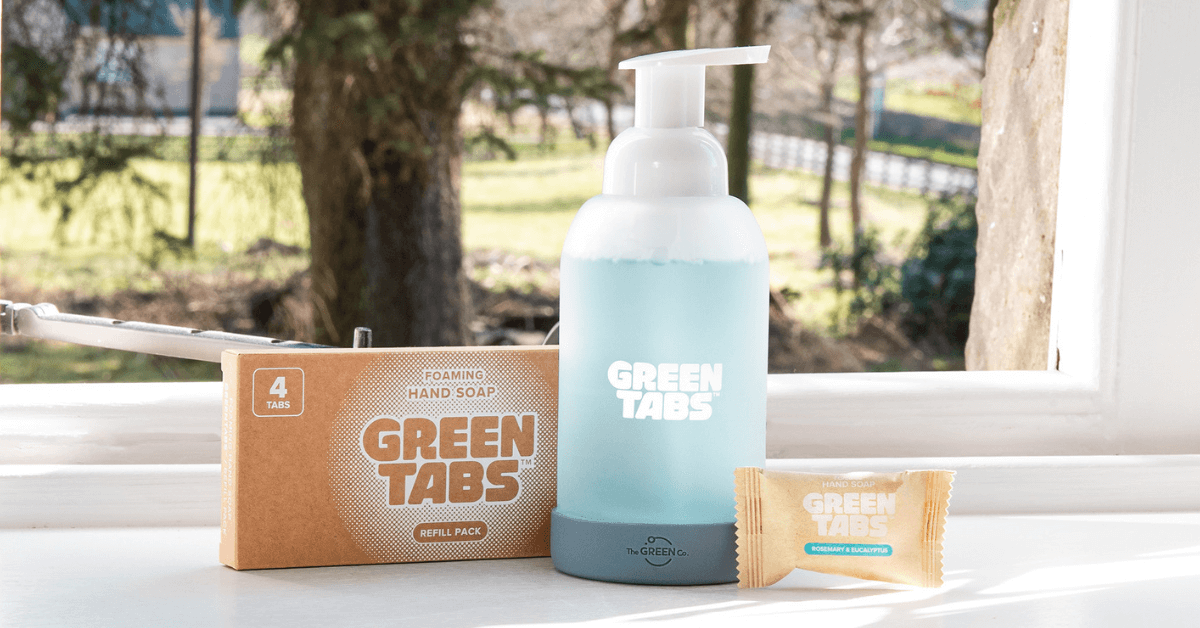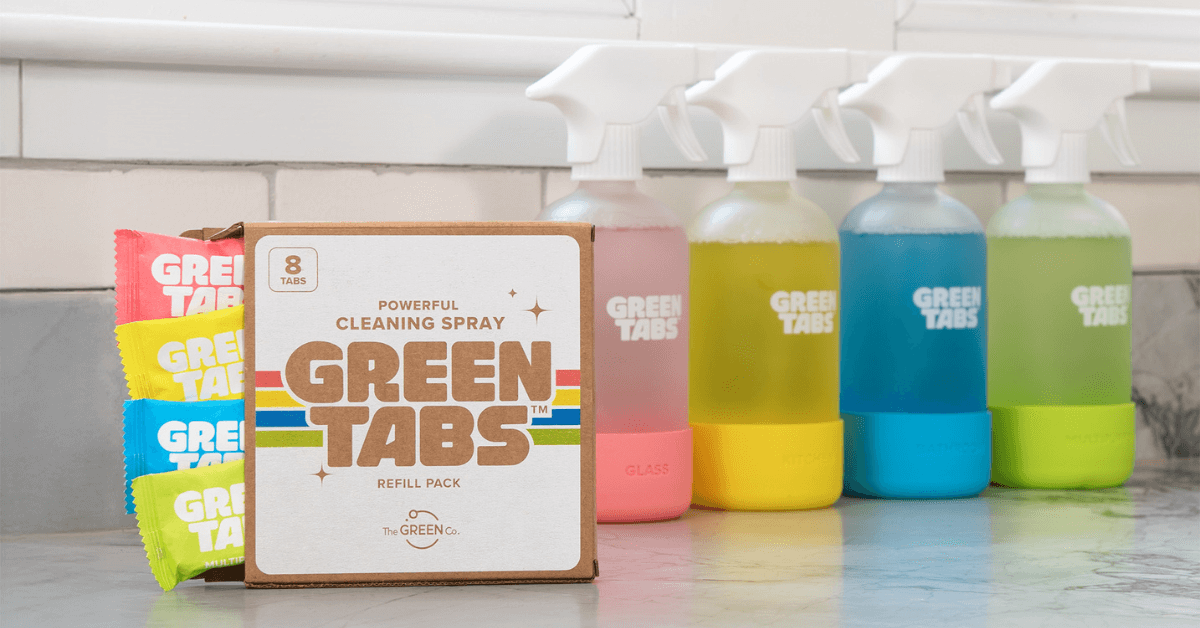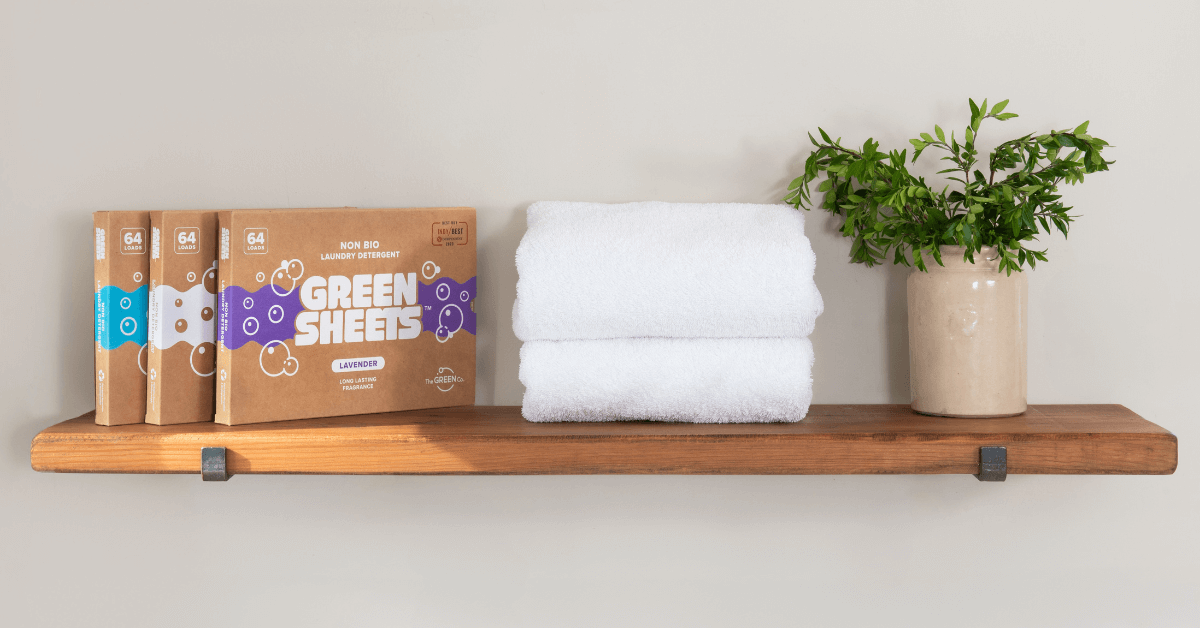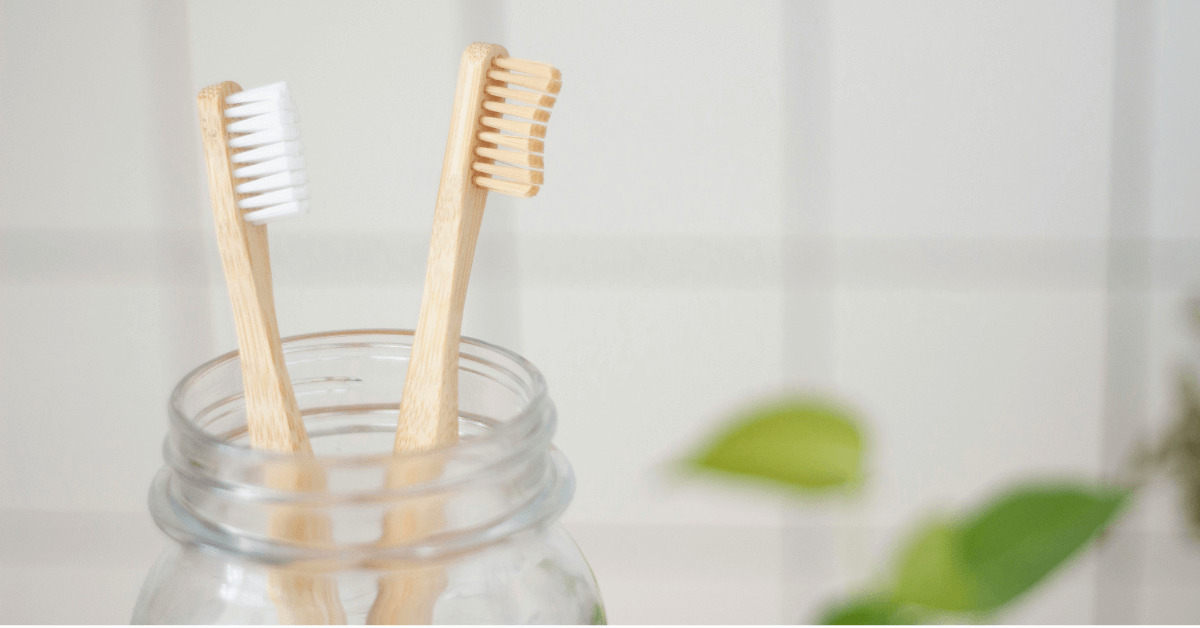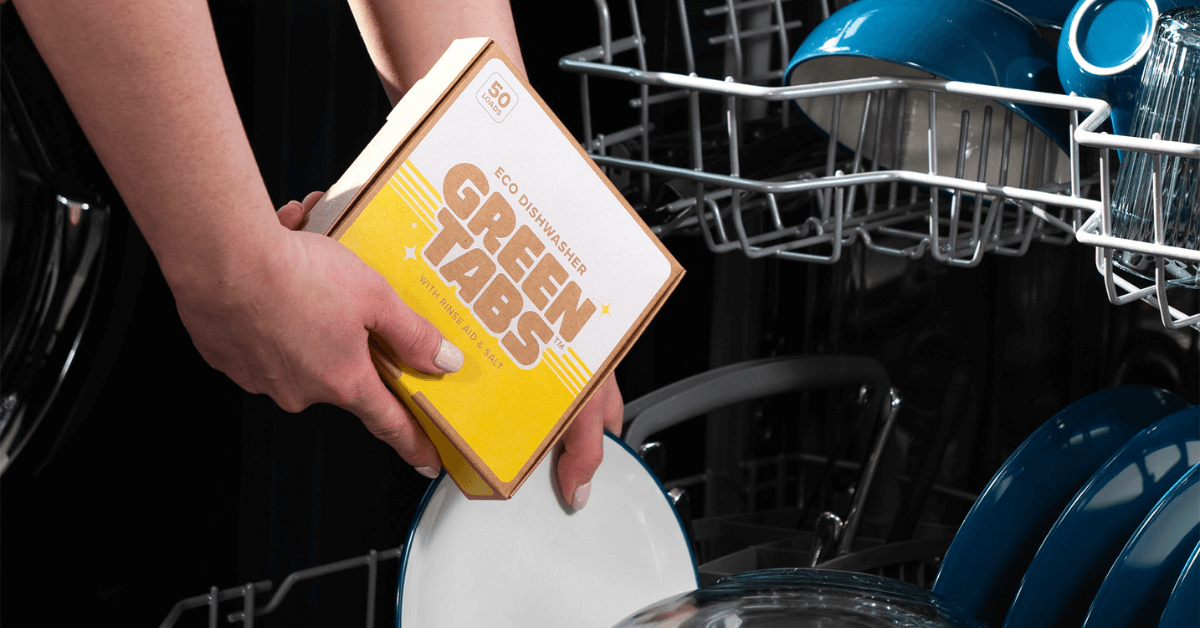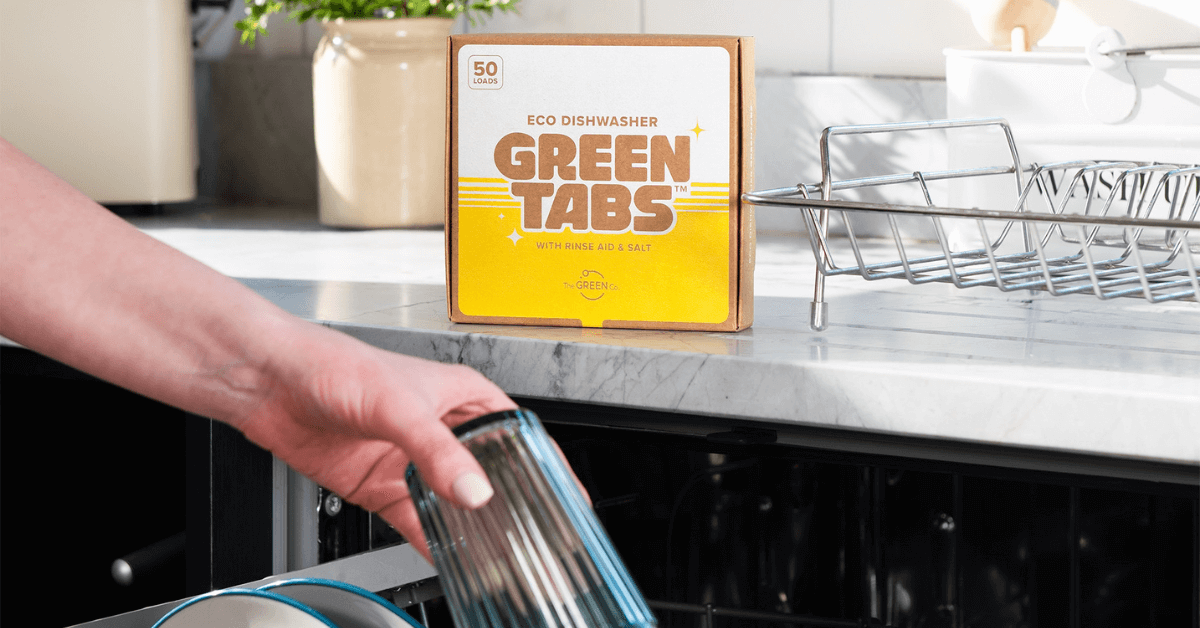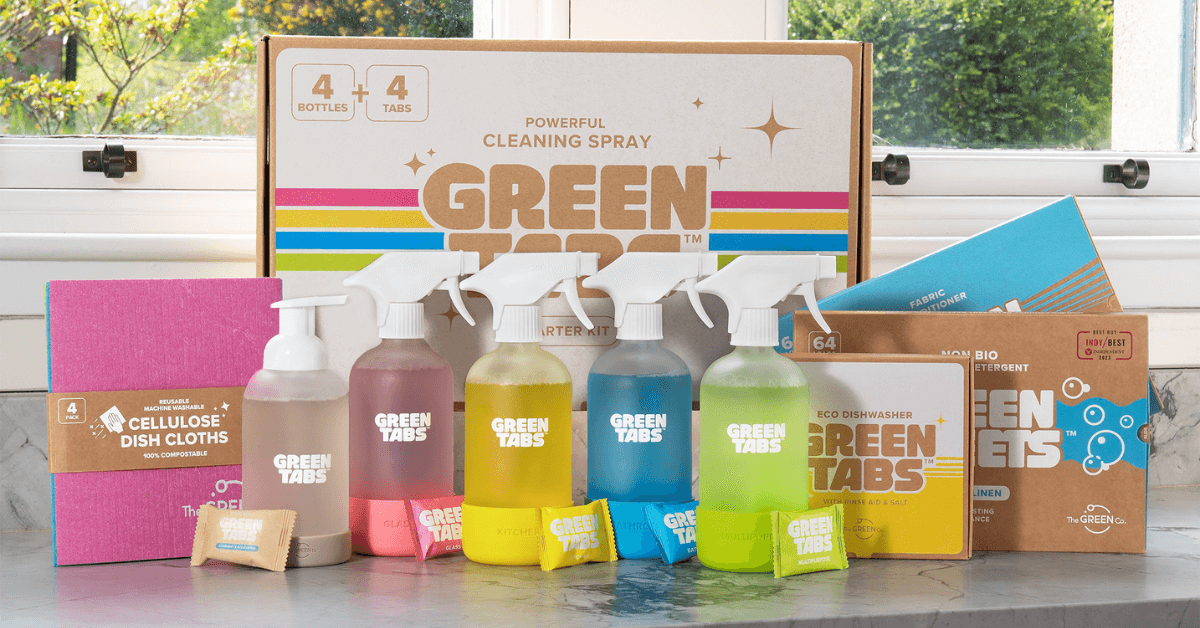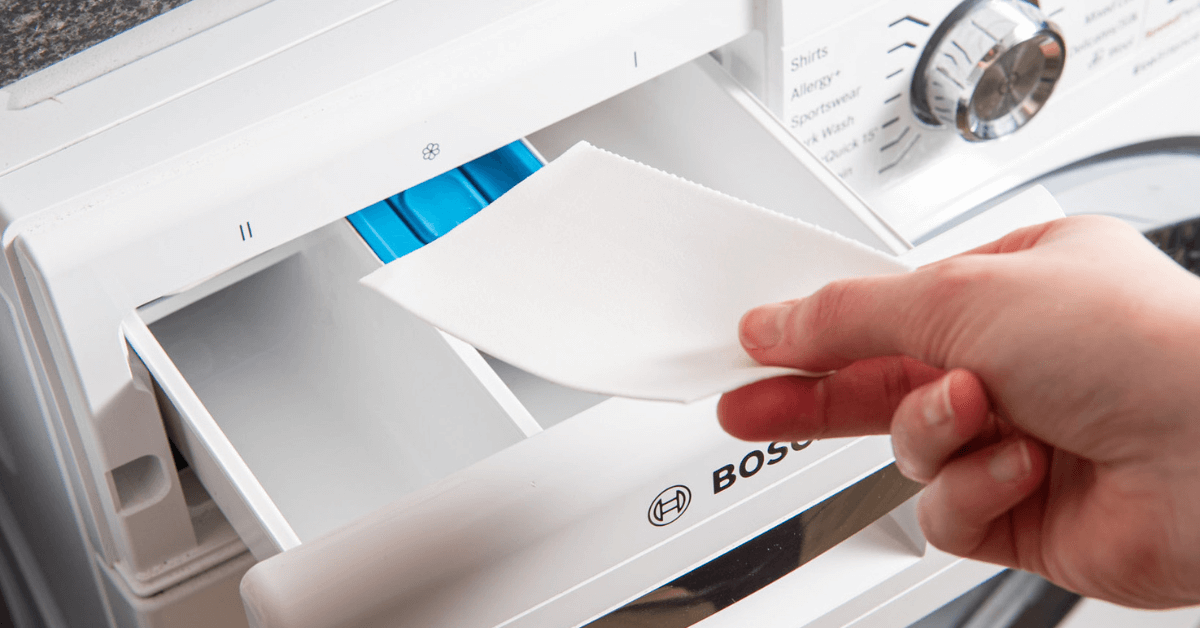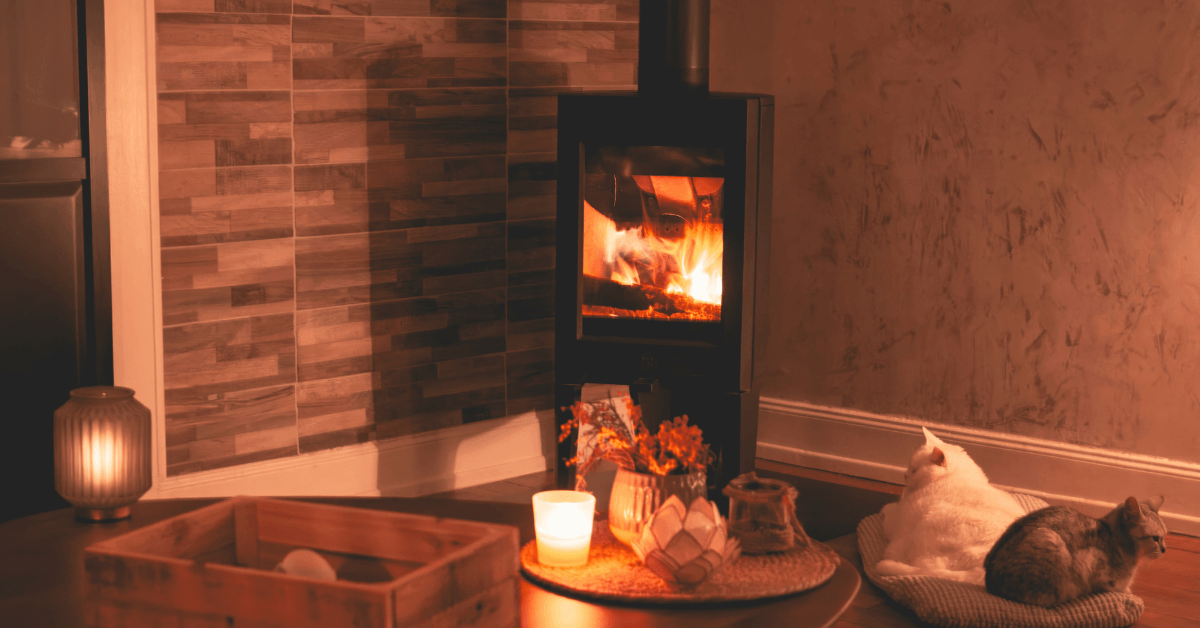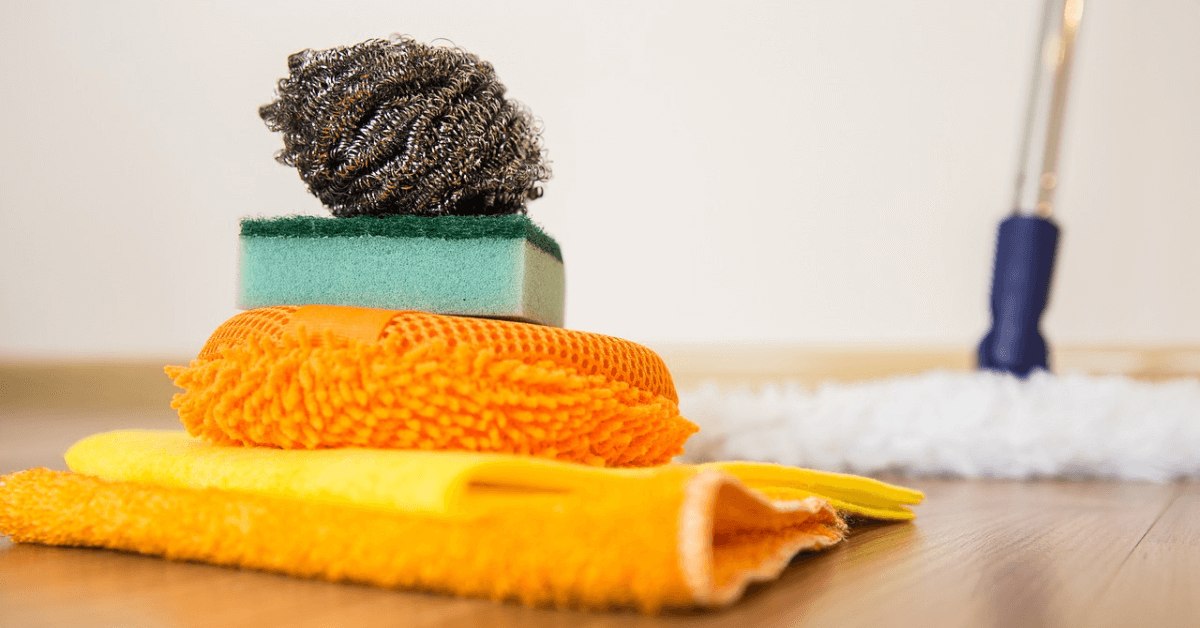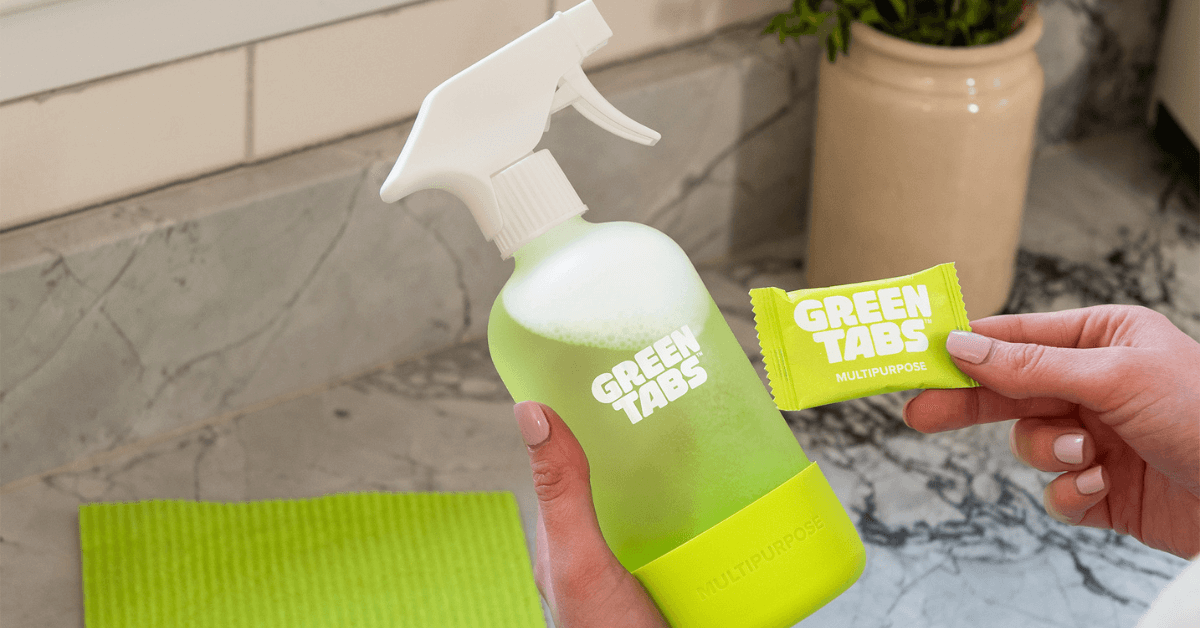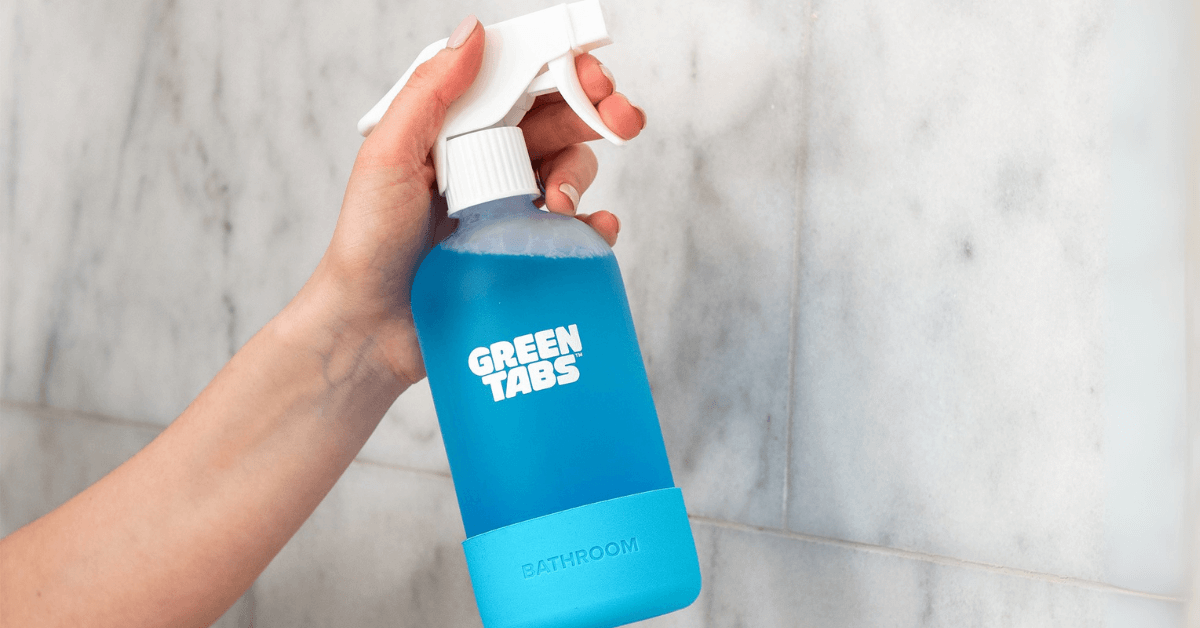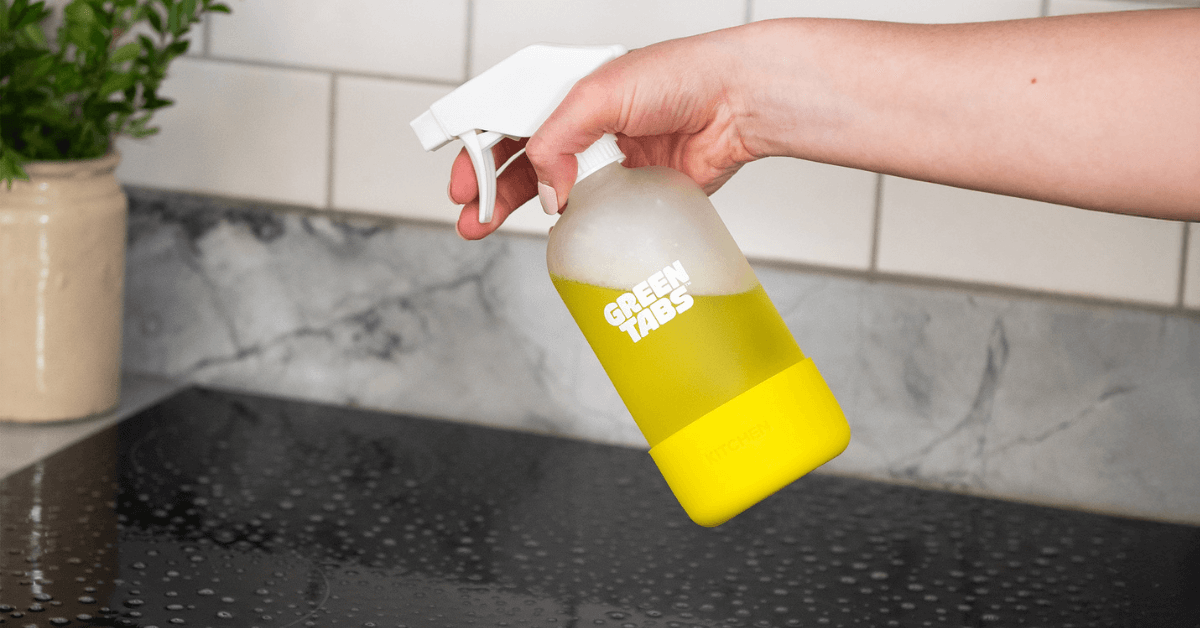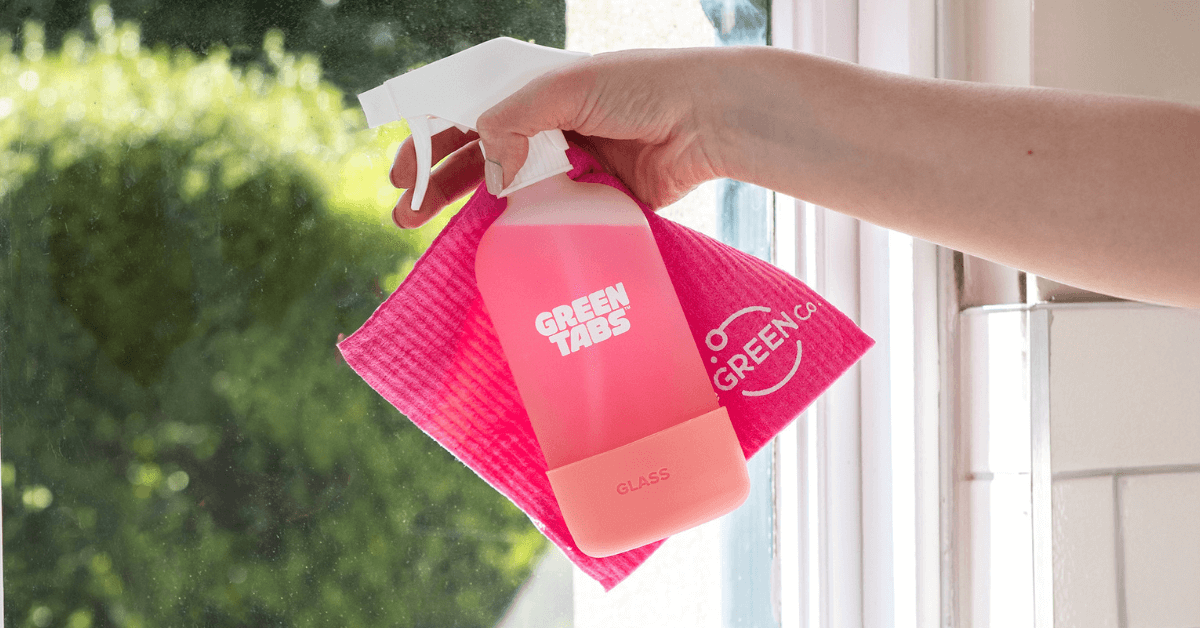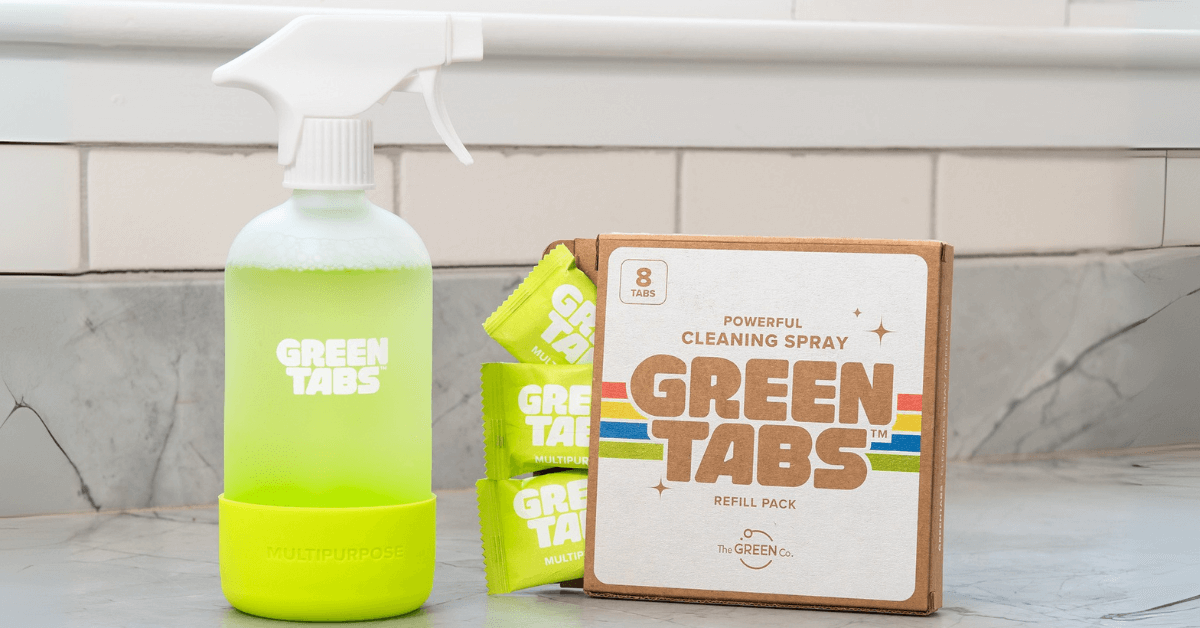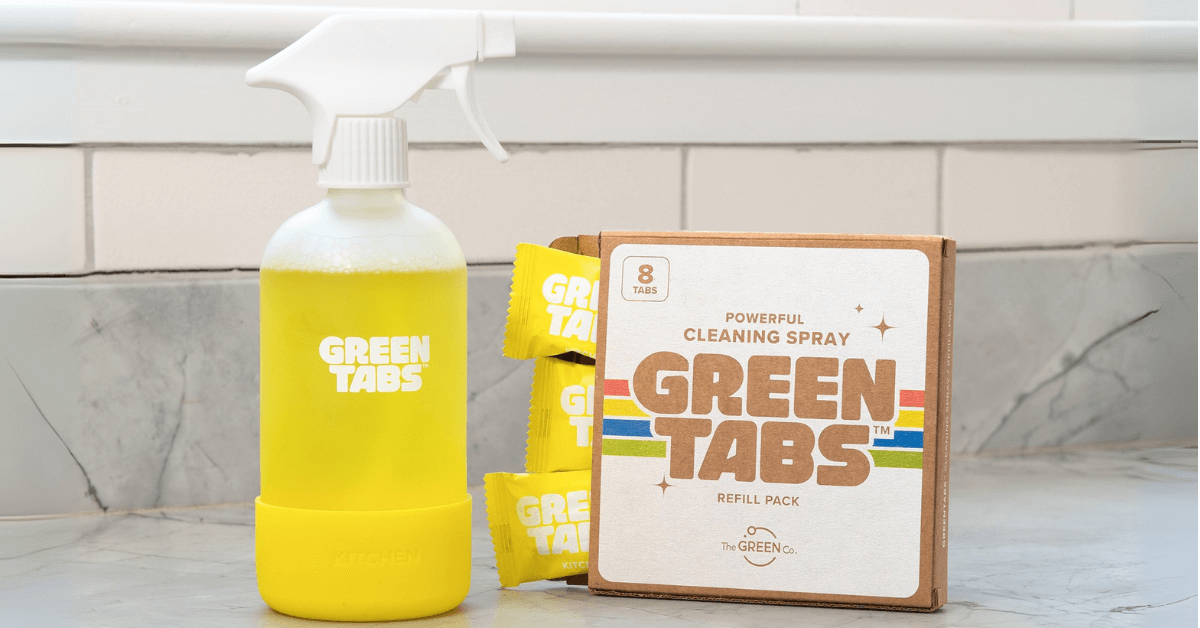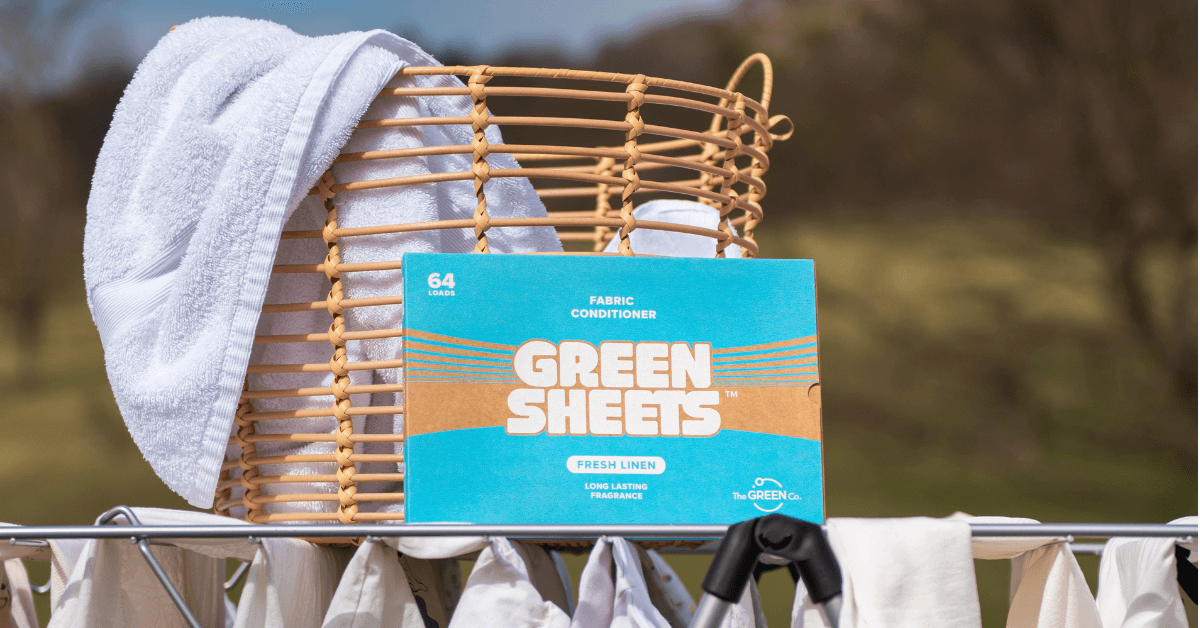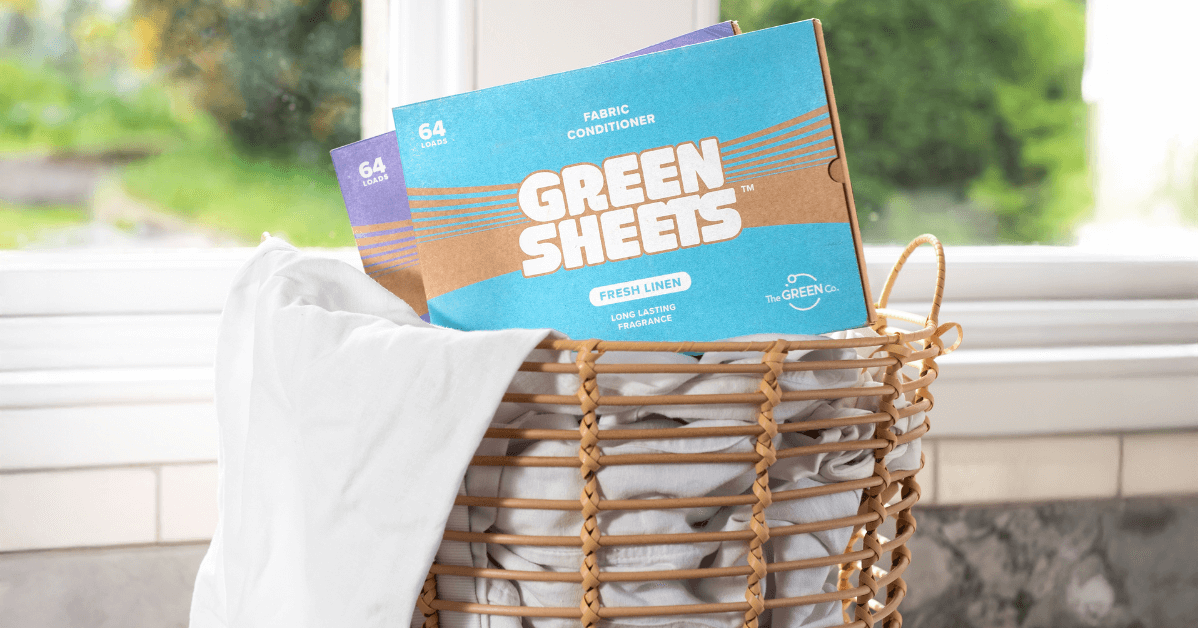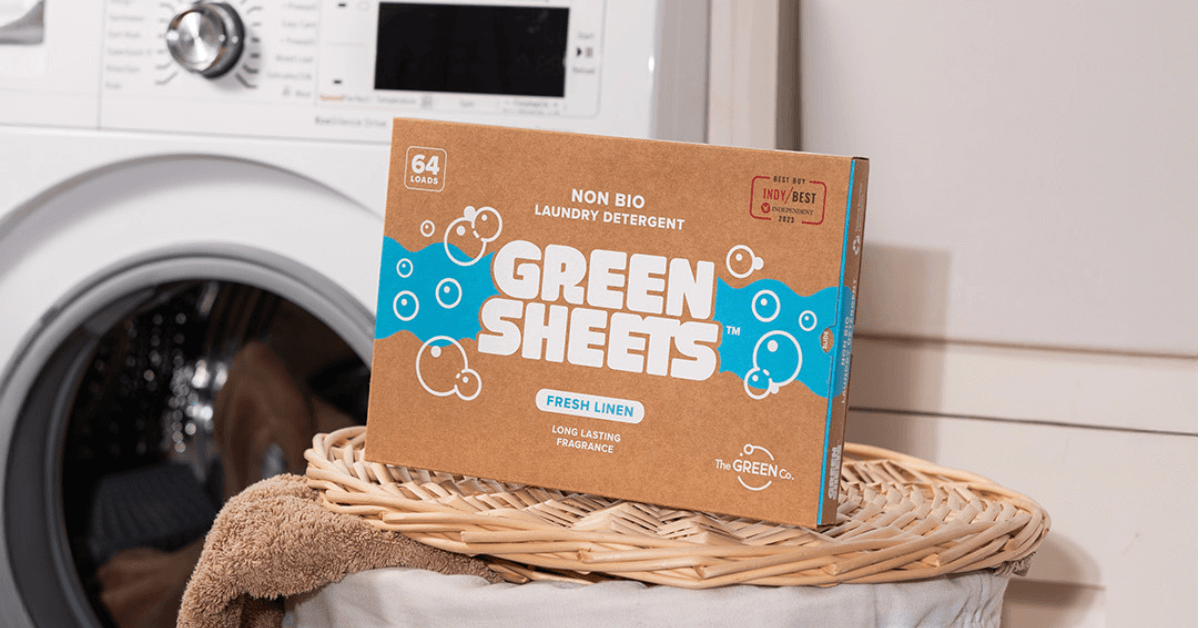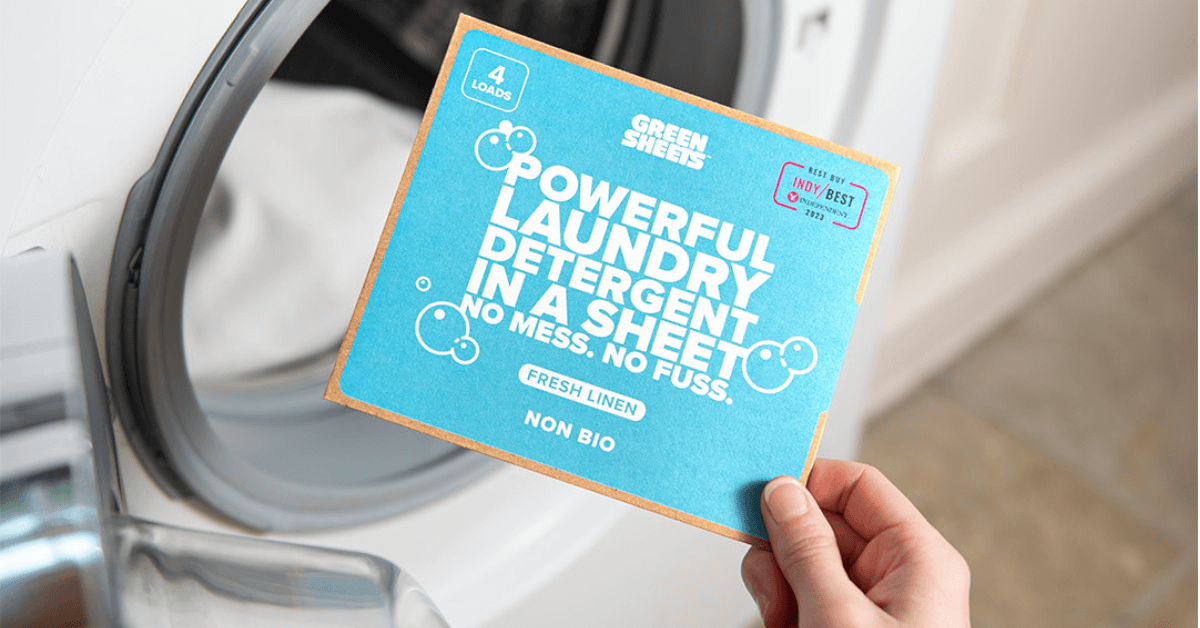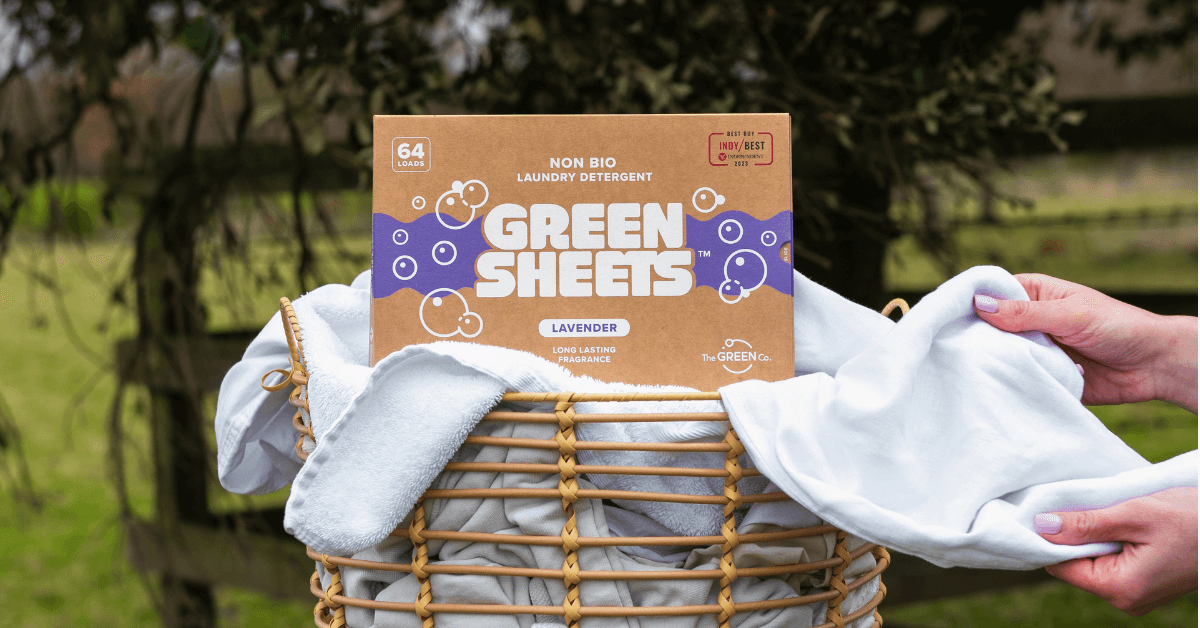Mental Health Tips: How To Look After Yourself During Colder Months

As the days get shorter and temperatures drop, it’s common to feel low on energy or even experience seasonal depression. The darker months can affect your mood, sleep, and motivation, but small, mindful habits can help.
Here are simple, practical ways to protect your mental health through autumn and winter, many of which involve getting outside, staying active, and finding comfort in routine.
Boost Your Vitamin D Levels
Less sunlight in colder months can lead to vitamin D deficiency, which is linked to low mood and Seasonal Affective Disorder (SAD).
What helps:
-
Take a daily vitamin D supplement
-
Sit near a window when working or reading
-
Try to get outside for 15–20 minutes each day
✔ Tip: Hanging your laundry outdoors helps you soak up sunlight, even on cooler days. Plus, your clothes will smell fresher.
Use a SAD Lamp
Light therapy is one of the most effective ways to treat seasonal mood dips. A good SAD lamp mimics natural daylight and helps regulate your sleep-wake cycle.
Look for:
-
10,000 lux brightness
-
UV-filtered light
-
20–30 minutes of morning exposure
✔ Tip: Use it while having breakfast or doing your morning routine.
Choosing the Right Seasonal Depression Light Bulbs
When selecting a SAD lamp, make sure it provides at least 10,000 lux of light and filters out UV rays. Place the lamp at a slight angle to your face, and aim for 20–30 minutes of exposure in the morning to see the best results.
Stay Active with Regular Exercise
Movement helps reduce stress, improve sleep, and boost mood through the release of endorphins.
Ideas to get moving:
-
Go for a brisk walk or short hike
-
Try yoga, strength training, or stretching at home
-
Clean with intention—vacuuming, scrubbing, and organising count too!
✔ Tip: Cleaning can be surprisingly energising and gives a visible result, which is great for your mood.
Stick to a Sleep Routine
Shorter days can throw off your body’s internal clock. A consistent sleep schedule supports energy levels and mental clarity.
Tips for better sleep:
-
Go to bed and wake up at the same time daily
-
Avoid screens an hour before bed
-
Create a calming wind-down routine
-
Wash your bedding weekly for a fresh, comfortable space
Stay Connected with Friends and Family
It’s easy to feel isolated during autumn and winter, especially when the weather keeps us indoors. Social contact helps counter those feelings.
Simple ways to stay in touch:
-
Schedule weekly calls or video chats
-
Walk and talk with a friend
-
Join a virtual club, group chat, or online community
Explore Creative Hobbies

Creative activities can improve your mental health by raising dopamine, a chemical that makes you feel happy. Painting, writing, knitting, or cooking can shift your focus from negative thoughts. Finding a creative outlet also allows for positive self-expression.
Ideas for Creative Hobbies
-
Try your hand at journaling or writing poetry.
-
Take up a craft project, such as knitting a scarf for the winter.
-
Explore new recipes and try cooking as a relaxing activity.
Eat a Nourishing, Comforting Food
A balanced diet keeps your energy and mood stable. Cold months often trigger sugar cravings, but real comfort comes from whole, warming meals.
Focus on:
-
Seasonal veg like squash, carrots, and leafy greens
-
Soups, stews, and one-pot dishes
-
Reducing sugar to avoid crashes
Take it a step further by batch-cooking your soups and stews, it's a time-saving way to nourish yourself all week. Once cooked, let them cool and portion into plastic-free, reusable silicone bags for easy freezer storage. That way, when you're short on time or energy, you can simply grab, reheat, and enjoy a homemade, wholesome meal in minutes, without the plastic waste.
Practice Gratitude
Practising gratitude is a simple way to boost mental health, especially in hard times. Focusing on the good parts of your life helps shift your thoughts from negative to positive. Studies show that gratitude can improve mood, lower stress, and make you feel happier.
How to Practice Gratitude
-
Keep a gratitude journal, where you write three things you’re thankful for every day.
-
Show appreciation to friends and family with simple acts. Send a thank-you note or a kind message.
-
Reflect on the positive moments of your day before going to sleep.
Practice Self-Care
Mental health needs regular maintenance, especially during slower, greyer seasons. Self-care doesn’t have to be fancy, it just has to be intentional.
Try:
-
Short daily walks, even when it’s cold
-
Five minutes of breathing or mindfulness
-
A warm bath, cosy socks, or a good book
-
Saying no when you need to rest
Clean Your Space to Clear Your Mind
A tidy, clean environment can reduce stress, boost focus, and give you a sense of control, something we all need more of in the colder months.
Make cleaning part of your self-care routine. It gets you moving, creates a calm environment, and gives a satisfying sense of progress.
Use eco-friendly cleaning products like Cleaning Spray GreenTabs™ and Laundry Detergent GreenSheets™ to avoid harsh chemicals while still getting a deep, satisfying clean. It’s better for your home and the planet, and doing something sustainable can give your mood a lift too.
Final Thought
Colder months can be tough on your mind and body, but they’re also an opportunity to slow down, reset, and focus on the things that matter.
Be gentle with yourself. Small habits go a long way. And when you’re ready, let cleaning, cooking, creativity, or connection lift you out of the low moments.



